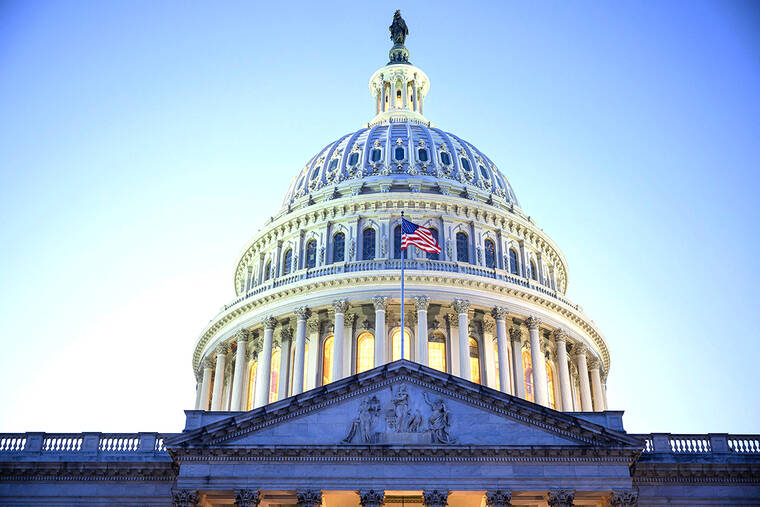Democracy demands well-funded investigative journalism
Investigative journalism, which is critical to a healthy democracy, comes at a high cost. The return on investment, though, is substantial. Ida Tarbell’s willingness to dig into Standard Oil’s egregious business practices bolstered efforts to pass the Clayton Antitrust Act and to create the Federal Trade Commission. Upton Sinclair’s daring investigation into the meatpacking plants of Chicago likewise resulted in a long overdue regulatory response.
These and other muckrakers sacrificed to provide the public with the information required to fulfill democratic duties – to identify communal problems, to debate solutions and to monitor the effectiveness of those solutions.
More than a century later, the costs of investigative journalism have only increased. A Washington Post exposé on the D.C. police, for instance, required a team of nine reporters, editors and specialists, involved eight months of research and investigation, and cost nearly $500,000. The resulting changes to police practices may have produced $73.6 million in societal benefits – and that’s a conservative estimate. The expense and the returns of the Post’s story are not atypical. It often takes six months to produce an investigative news piece. Yet, such reporting can lead to swift and significant regulatory responses.
Those benefits, though, often don’t carry over to the publisher’s bottom line. As recounted by Professor Neil Netenal:
“[I]n 2016, the non-profit news magazine Mother Jones spent some $350,000 to produce an in-depth investigation exposing the brutal working conditions for inmates in private prisons. The blockbuster story … attracted more than a million readers and triggered a Department of Justice announcement that it would end its use of private prisons. Despite the piece’s impact, Mother Jones earned only $5,000 in revenue from the banner ads that ran with the piece.”
Clearly, from the perspective of publishers, investigative journalism doesn’t pencil out. That’s a huge problem for society. Think of the abuses that have gone uncovered, the wrongs that haven’t been righted and the practices that have perpetuated because of inadequate support for this sort of democratic digging. The list of topics that should have and could have been covered sooner and in more detail is long. And, importantly, that list is likely to be longer in the thousands of communities that lack any sort of local newspaper, let alone an investigative journalism team.
Thankfully, private and nonprofit organizations aren’t parking in the reserve lot – they’re driving change by funding new and necessary efforts to train and support investigative journalists. The Tarbell Fellowship, which embeds early-career journalists in newsrooms, is a great example. Fellows spend 12 months covering pressing societal topics, such as governance of emerging technologies. More generally, fellows are expected to cover problems that, if solved, would have a huge impact, that are capable of being addressed in a relatively timely fashion, and are currently being undercovered. Perhaps most importantly, thanks to financial support from Open Philanthropy this extra investigatory news power comes at no cost to the publisher.
I don’t think it was a coincidence that Benjamin Franklin, himself a publisher, is alleged to have said that the Founders gave us democracy, “if we can keep it.” Franklin, Tarbell, Sinclair and other muckrakers understood the costs – and the benefits – of quality journalism. The rest of us have missed our deadline, but there’s still time to act. You can support Open Philanthropy, advocate for government grants to investigative journalism and financially back your local paper.
Here’s to headlines that matter and journalism that informs rather than enrages.
Kevin Frazier is an assistant professor at the Crump College of Law at St. Thomas University. He previously clerked for the Montana Supreme Court.


